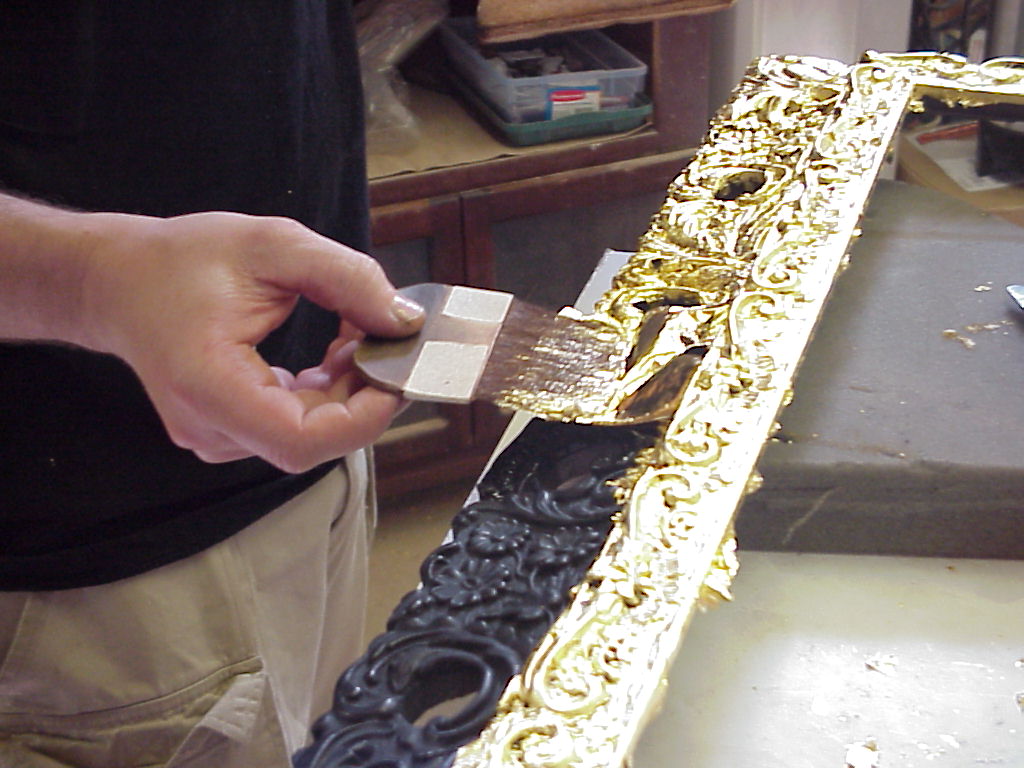This invention by Joseph Glidden revolutionized farming on the Great Plains by helping to keep livestock contained and protect crops from roaming animals.
Barbed wire
This inventor is best known for his 1879 creation of the practical light bulb, which revolutionized homes and workplaces across America.
Thomas Edison
These Progressive Era journalists exposed corruption, unsafe working conditions, and social injustices through investigative reporting, with figures like Jacob Riis, Jane Addams and Upton Sinclair leading the charge.
Muckrakers
Known as the "Great White Fleet," this branch of the U.S. military symbolized America's growing power and desire to expand its influence overseas in the late 19th and early 20th centuries.
The Navy

Named sarcastically after the president many blamed for the Great Depression, these makeshift shantytowns were built by homeless people across the United States during the 1930s.
Hooervilles

This 1862 legislation offered 160 acres of free land to settlers willing to live on and improve it for five years, encouraging westward expansion.
Homestead Act
This innovation by Henry Ford in 1913 dramatically reduced the cost and time required to produce automobiles, making cars affordable for many Americans.
The assembly line
This late 19th-century political party, also known as the People's Party, advocated for policies like free silver, government control of railroads, and support for farmers and laborers.
Populist Party
This sensationalist style of journalism, popularized during the Spanish-American War, exaggerated news to influence public opinion and support for U.S. intervention.
Yellow journalism
This term describes the late 19th-century era of rapid industrial growth, wealth accumulation, and stark social inequality, famously criticized by Mark Twain.
The Gilded Age
(Gilded - Covered thinly with gold paint)

This group of nomadic Native Americans, including the Lakota and Cheyenne, depended heavily on the buffalo for their survival but faced devastation as westward expansion decimated the herds.
Plains Indians
Perfected by Alexander Graham Bell in 1876, this invention revolutionized communication by allowing people to speak to one another over long distances.
The telephone
In 1909, this organization was founded to fight for the civil rights of African Americans, combat racial discrimination, and challenge segregation laws.
NAACP (National Association for the Advancement of Colored People)
This 1898 treaty ended the Spanish-American War, granting the United States control over territories such as Puerto Rico, Guam, and the Philippines.
Treaty of Paris (1898)
This New Deal program was established in 1935 to provide pensions for retired workers, unemployment insurance, and financial aid to families with dependent children, becoming a cornerstone of the American welfare system.
Social Security Act
This 1887 law was meant to assimilate Native Americans into American society by dividing tribal land into individual plots, forcing them to adopt white American culture. It resulted in the loss of much tribal land and culture.
Dawes Act
This government-backed project, beginning in the 1930s, brought electricity to rural areas across the country, improving quality of life and modernizing farming communities.
Rural Electrification Administration (REA)
This 1890 law was the first federal act to outlaw monopolistic business practices in the United States, aiming to promote fair competition in the marketplace.
Sherman Antitrust Act
This 1899 policy outlined U.S. efforts to ensure equal trading rights in China and preserve its territorial integrity, reflecting growing American influence in Asia.
Open Door Policy
During the Great Depression, this government policy led to the forced relocation of hundreds of thousands of Mexicans and Mexican Americans, many of whom were U.S. citizens, as a way to reduce competition for jobs and resources.
Mexican Repatriation
This legendary trail, used in the late 19th century to drive cattle from Texas to Kansas, became a symbol of cowboy culture and the Wild West.
Chisholm Trail
Completed in 1914, this massive engineering project connected the Atlantic and Pacific Oceans, transforming global trade.
Panama Canal
This labor union, founded in 1886 by Samuel Gompers, focused on improving wages, hours, and working conditions for skilled workers.
American Federation of Labor (AFL)
This 1898 letter, written by the Spanish ambassador to the U.S., criticized President McKinley as weak and helped fuel American public support for the Spanish-American War after it was published in newspapers.
De Lôme Letter
In 1932, this group of World War I veterans marched on Washington, D.C., to demand early payment of their promised bonuses, only to be forcibly removed by the U.S. Army under orders from President Herbert Hoover.
Bonus Army